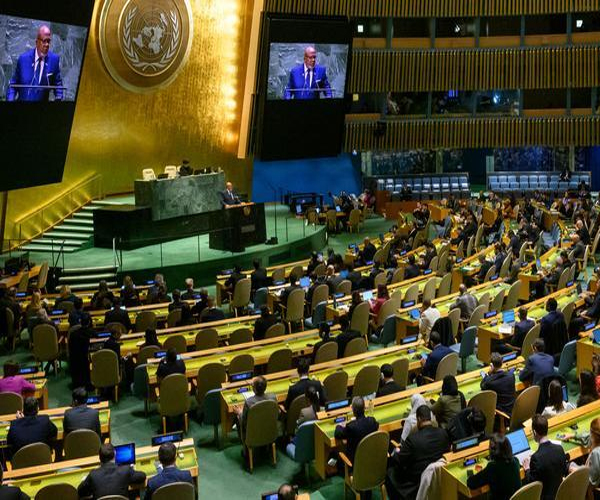Artificial Intelligence (AI) technologies are now economic activity, human behaviour and governance policies globally. But as with most technological innovations, the benefits and risks of AI are not distributed equally worldwide.
Currently, many Large Language Models (LLM) and AI applications have proven to be a reserve for tech giants, with only a few beginners succeeding in this space.
In terms of language diversity, Africa is yet to be well represented in AI products. For instance, OpenAI’s ChatGPT supports 50 languages including English, Spanish, French, German, Chinese, Japanese, and Arabic among others. But none of the African dialects.
On the other hand, Google’s Bard supports 40 languages, including 9 Indian languages and Swahili – which is a popular language among Africans.
In its Interim Report titled Governing AI for Humanity, the United Nation’s AI Advisory Board highlighted the divide that exists in the globalisation of AI, and the need to ensure access and benefits go hand in hand, especially for the Global South region which include Africa.
There is one sure way of ensuring diversity in AI, this is through representation in training data. Data is the lifeblood of AI systems and directly impacts how well AI reflects cultural diversity.
Africa is a continent rich with language diversity. There are over 3,000 languages spoken in Africa, many of which have roots to the major language families: Afro-Asianic includes Arabic ancestrally native to East and North Africa, and the Arabian Peninsula.
Ethiopia is making significant strides in the development of AI language models through its newly established Artificial Intelligence Institute. The institute is actively working on the creation of four local language models, showcasing the country’s commitment to advancing AI technology.
With a focus on addressing the linguistic diversity in Ethiopia, these language models are specifically designed to cater to the unique characteristics of Ethiopian languages. By developing AI models that can understand and generate content in local languages, the institute aims to bridge communication gaps and promote inclusive access to information for Ethiopian communities.
The establishment of the Artificial Intelligence Institute indicates the Ethiopian government’s recognition of the transformative potential of AI technology. By investing in AI research and development, Ethiopia seeks to harness the power of AI for economic growth, innovation, and societal benefits.
Source: Citizen Digital




